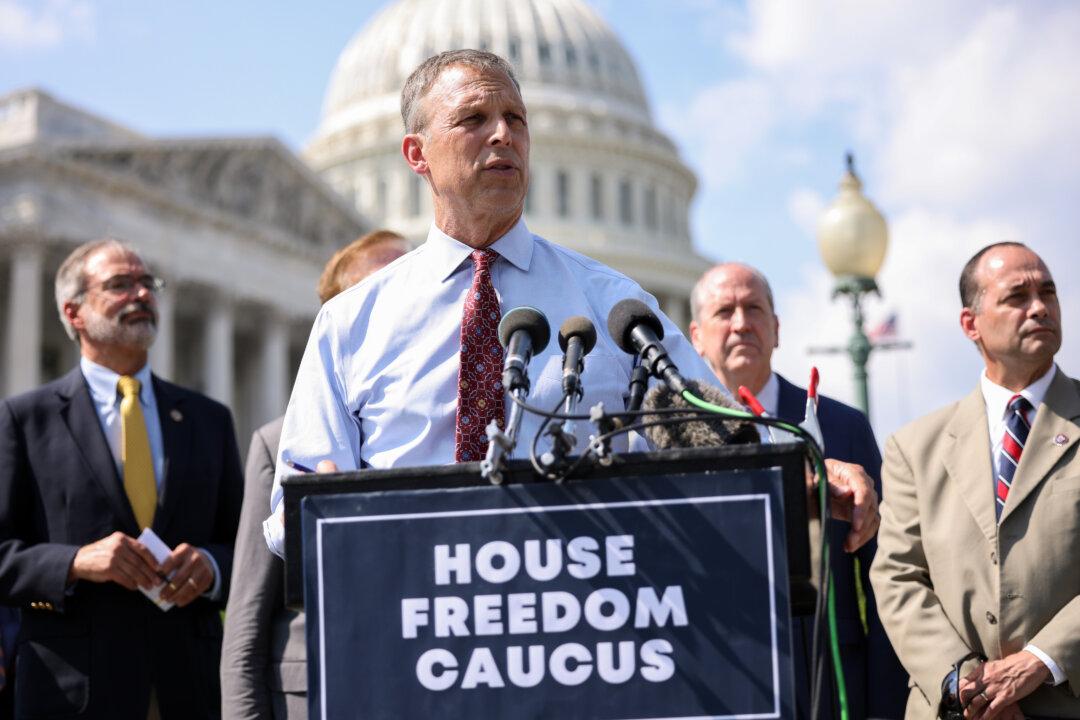A Republican lawmaker targeted by the now-defunct Jan. 6 Committee said on Jan. 8 that he was interested in joining a proposed probe of those same investigators.
The Jan. 6 panel, formed in 2021 under the guiding hand of then-Speaker of the House Nancy Pelosi (D-Calif.), was almost entirely constituted of Democrats. Only two Republicans, Ranking Member Liz Cheney (R-Wyo.) and Rep. Adam Kinzinger (R-Ill.)—both vocal critics of President Donald Trump and the populist movement he brought into being—sat on the panel.





